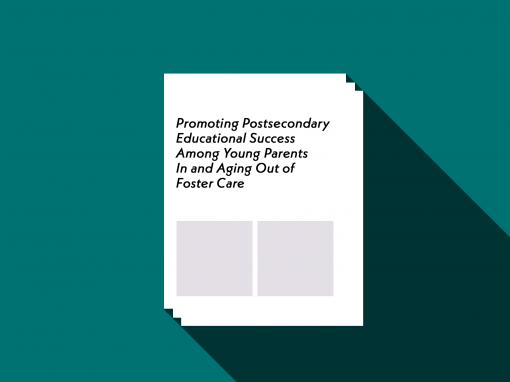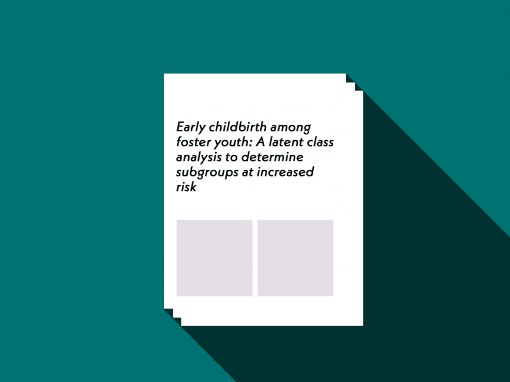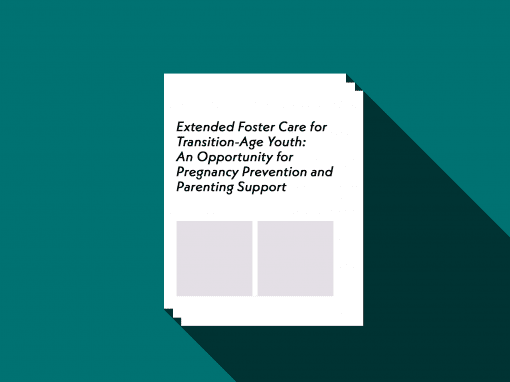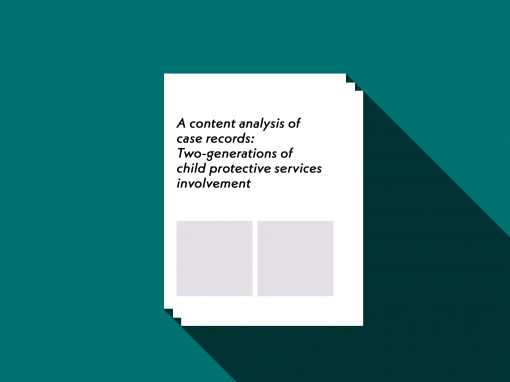ReSHAPING
Andrea Lane Eastman, PhD, MA

University of Southern California
Dr. Andrea Lane Eastman has been a research assistant professor with the Children’s Data Network at USC since 2019. The Children’s Data Network provides a platform for the linkage and analysis of population-level, administrative data sources to inform children’s policies and programs. She is currently leading a portfolio of research for the Children’s Data Network funded through grants from the Reissa Foundation and the Conrad N. Hilton Foundation, and stewarding a number of new data partnerships, including with the Los Angeles County Probation Department.
She is also Co-Director of the Transition Age Youth Research and Evaluation Hub with Professor Mark Courtney at the University of California, Berkeley. The Transition Age Youth Hub is being developed to support the capacity of the California Department of Social Services and county child welfare agencies to use research to improve policy and practice targeting transition age youth living in and exiting foster care.
What led you to this work?
Andrea worked as a legislative aide and committee consultant for California State Senator Carol Liu. Her responsibilities included drafting legislation related to women, children, and families. Prior to her legislative work, Andrea Lane worked as a therapist trainee families who had experienced physical or sexual abuse while earning a Master’s in Marriage and Family Therapy from Pepperdine University.
What research questions are you currently working on answering or what are you most interested in answering?
She is exploring data collection strategies used to document the number of parents in care. By employing and comparing estimates of parents in care generated from different types of data collection strategies, we can better understand the extent to which official statistics (used to guide investments) may undercount this population. From a practice standpoint, accurate data and documentation by states is critical to ensuring to supportive parent-child services.
Their research





